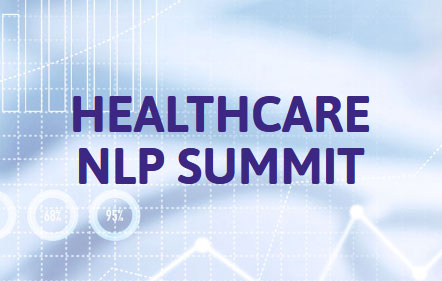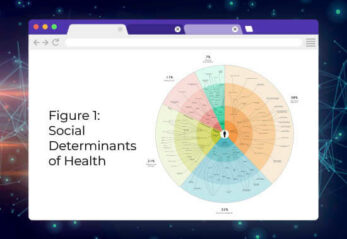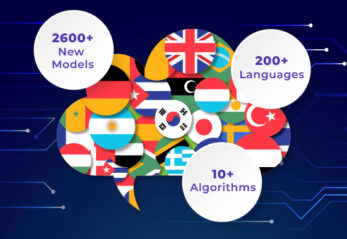We’ve been hearing for months about Obama’s Precision Medicine Initiative and now it’s the right time to uncover its mistery. What if there was a uniquely tailored treatment for every disease, just as there is a singular pair of shoes or a custom-fit dress for every body size? Wouldn’t such an approach be significantly better and quicker in treating an ailment compared to a regular or an average approach? This is exactly the idea behind the Precision Medicine Initiative.
Precision Medicine is an emerging approach for disease treatment and prevention that takes into account individual variability in genes, environment, and lifestyle for each person. In 2015, State of the Union address, President Obama announced that he’s launching the Precision Medicine Initiative — a bold new research effort to revolutionize how we improve health and treat disease. The sole aim of the initiative is to deliver the right treatment at the right time to the right person, taking into account all his specifications and variabilities.
Precision Medicine approach does not date back to a long time. Until now, most medical treatments have been designed for an “average person”, much like “one size fits all” approach. Due to having “not-so-much-data” available to analyze, most treatments thrived on a narrow chunk of data and thus were largely general in their course of action, eradicating only a limited portion of illness. For instance, one person’s breast cancer may not be like that of another. The tumors may differ significantly in their molecular and genetic makeup. This is where the idea of Precision Medicine creeps in, which relies on the availability of huge amount of data, or what is known by the name of Big Data today. The nature of relationship between the Precision Medicine and Big Data is that of cause and effect relationship where Big Data is the cause behind, or is responsible for the generation of more specialized and personal treatments!
Considerable public and private resources have been deployed to harness the potential value of Big Data derived from electronic health records, imaging techniques, and mobile health in advancing these goals. While both technical and sociopolitical challenges in implementation remain, it is believed that consolidating these data into comprehensive and coherent bodies will aid in transforming healthcare.
Advances in Precision Medicine have already led to powerful new discoveries and several new treatments that are tailored to specific characteristics, such as a person’s genetic makeup, or the genetic profile of an individual’s tumor. This is helping transform the way we can treat fatal diseases. On December 18, 2015, the President signed bipartisan legislation providing more than $200 million for the Precision Medicine Initiative. Today, the National Institutes of Health (NIH) is making the first awards under this initiative to begin to build a national, large-scale research participant group. This will be a participant-engaged, data-driven research effort at the intersection of human biology, behavior, genetics, environment, data science, and computation aimed at developing more effective ways to improve health and treat disease.
If the advancements in harnessing Big Data continue to grow rapidly, the time is not far when the Precision Medicine approach would largely take over Generalized Medicine approach.





























